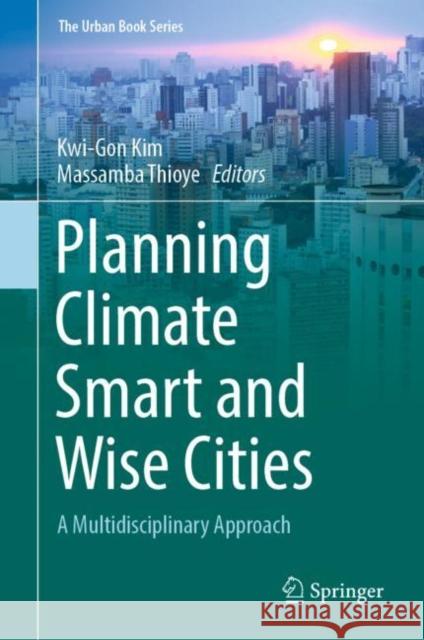Planning Climate Smart and Wise Cities: A Multidisciplinary Approach » książka
topmenu
Planning Climate Smart and Wise Cities: A Multidisciplinary Approach
ISBN-13: 9783030801649 / Angielski / Twarda / 2021 / 488 str.
Planning Climate Smart and Wise Cities: A Multidisciplinary Approach
ISBN-13: 9783030801649 / Angielski / Twarda / 2021 / 488 str.
cena 603,81
(netto: 575,06 VAT: 5%)
Najniższa cena z 30 dni: 578,30
(netto: 575,06 VAT: 5%)
Najniższa cena z 30 dni: 578,30
Termin realizacji zamówienia:
ok. 22 dni roboczych.
ok. 22 dni roboczych.
Darmowa dostawa!
Kategorie:
Kategorie BISAC:
Wydawca:
Springer
Seria wydawnicza:
Język:
Angielski
ISBN-13:
9783030801649
Rok wydania:
2021
Wydanie:
2022
Numer serii:
000789133
Ilość stron:
488
Waga:
0.95 kg
Wymiary:
24.13 x 20.32 x 2.29
Oprawa:
Twarda
Wolumenów:
01











